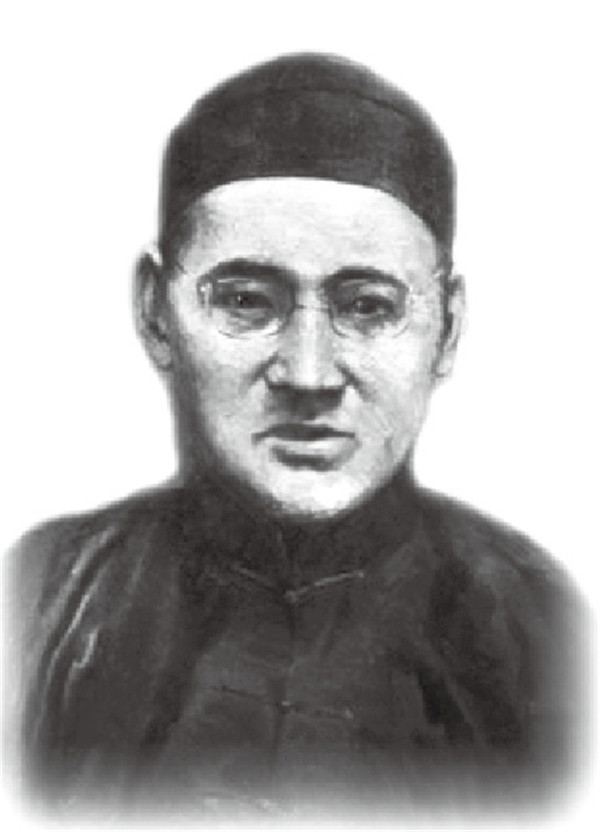Jiangnan culture strongly influenced classical Qingci

Kuang Zhouyi (1859-1926), one of the Four Great Masters of the late Qing Dynasty originally from Lingui, Guangxi, contributed a lot to the prosperity of creating and compiling Qingci in Jiangnan.
Ci is a form of classical Chinese poetry composed to certain tunes in fixed numbers of lines and words that originated in the Tang Dynasty (618-907) and fully developed in the Song Dynasty (960-1279). Qingci specially refers to Ci written in late Ming and Qing (1616-1911) dynasties, when there was a phase of revival of Ci, which had declined since the South Song Dynasty (1127-1279).
One manifestation of the revival of Qingci was the publication of as many as 130 compilations of Qingci in the period. The compiling of Qingci was closely related to Jiangnan culture.
Jiangnan refers to areas south of the lower reaches of the Yangtze River, including southern Jiangsu and Anhui provinces and northern Zhejiang Province.
Most compilers were local to Jiangnan or living in that region, especially around the Taihu Lake in the Ming and Qing dynasties. According to research on the subject, among the 130 compilations, 58 kinds were done by Jiangsu writers, 41 by Zhejiang writers and five by Anhui writers.
Though some compilers were not local to Jiangnan, they wrote or compiled poems in that region. For example, Xian Zhu, the compiler of Ci Jie, was originally from Luzhou in Sichuan Province, but he lived in Jiangning and Yangzhou, Jiangsu Province, most of his life. Kuang Zhouyi, one of the Four Great Masters of the Late Qing Dynasty, was from Lingui in Guilin, but his creations and compilations were mostly done in Shanghai and Suzhou.
To some extent, the popularity of compilation can be attributed to a need for reference materials. In the Qing Dynasty, there were 2,009 poets from Jiangsu, 1,248 from Zhejiang and 200 from Anhui. Still, many poets lived in these regions. Most of them preferred Ci to other poetry forms. The compilation of classical poetry written by poets in past dynasties offered models to guide the poets.
An abundance of poetry writing activity provided support for the compilation of poetry. The compilation of Qingci was mostly done in areas around the Taihu Lake, a thriving center of Jiangnan poetry. The compilation work continued unabated throughout the Qing Dynasty.
Jiangnan’s rich historical and cultural resources provided momentum for the compilation of Qingci, while compilations represented the charm of Jiangnan culture in a unique manner.
On the whole, the compilers, the poetry compiled and the content of Qingci were all closely related to Jiangnan and its regional culture.
Sha Xianyi is from the School of Chinese Language and Literature, Jiangsu Normal University.
